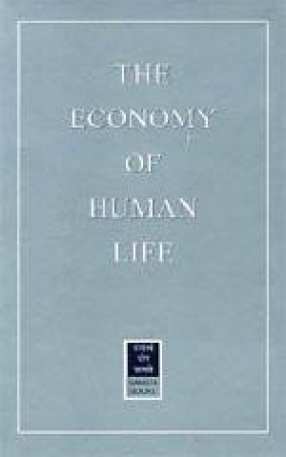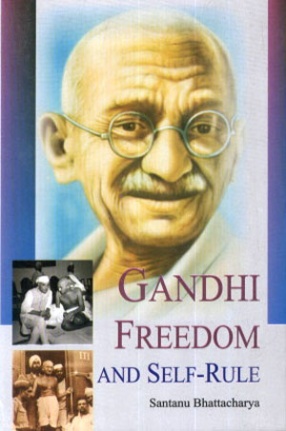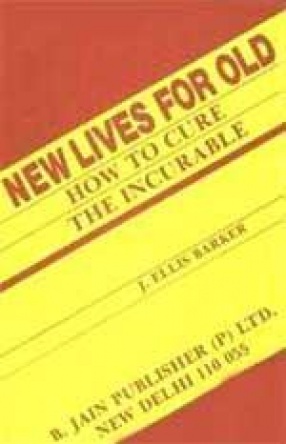It is strange that a book which won such wide popularity during the latter half of the eighteenth century should be now forgotten. Discovered in Lhasa, translated by an unknown author, and dedicated by him to the Earl of Chesterfield, the Economy of Human Life made its first appearance here in the year 1751. Little is known of its origin, but such particulars as have come to light are set forth in the letters, addressed by the translator to his distinguished patron, which form an introduction to the text. But though its history is obscure, its merit is obvious. When first produced, it had a ready sale, passing through several issues in the year of publication, and attaining by the year 1812 its fiftieth edition. Then it dropped out of notice. It had been translated into French, German, Italian, and Welsh; it has been paraphrased in verse, and illustrated in various styles and by distinguished artists. A book with such a record deserves to live; and in the hope than interest in it may revive this new edition is now prepared. What especially marks the work is its sanity. Simple, exact, concise, virile, its rules of life are distinguished more particularly by the moderation with which they are expressed. They appear less than other collections of precepts to have been influenced by the surroundings of the author and the conditions of the times in which he wrote. There is detachment in this philosopher, a point of view separate and removed from the objects of his vision, and an ability to make allowance for the personal equation and the disturbing elements of time and place, that give his book a fundamental value. It would be presumptuous to contend that the work presents the whole wisdom of life, for the considerations involved in such a question demand an intellectual range exceeding human limits; but at the same time it has the merit of a comprehensive plan. Unlike the Proverbs of Solomon, which are fragmentary, the Economy of Life displays a method in arrangement, an organic system and connection in its design; and through its several parts the lifeblood of our thought flows without hindrance or confusion. A galaxy of jewels of the mind, in some cases polished to the utmost brilliancy, they excite our admiration not only by reason of their separate intrinsic worth, but on account of their relative perfection, forming as they do particles in a beautiful mosaic of thought.
The Economy of Human Life
In stock
Free & Quick Delivery Worldwide
Bibliographic information
Title
The Economy of Human Life
Author
Edition
1st ed.
Publisher
Samata Books, 1998
Length
140p., 18cm.
Subjects





There are no reviews yet.